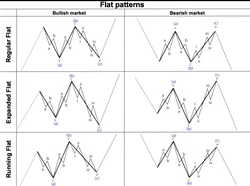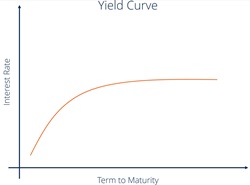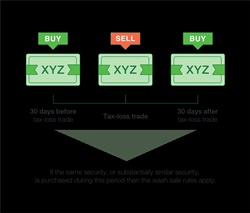Defining Flat
In the financial Market, a price that is neither rising nor falling is known as Flat. A bond that trades without accumulated interest is referred to as flat in fixed Income parlance.

Flat refers to the state of not being long or short in a particular currency, and it is also referred to as "being square" in forex.
Brief Understanding of Flat Stocks
A flat market is one in which the stock market has made little to no movement over a period of time. It isn't to say that all publicly listed equities in the market are moving in the same direction. Instead, an increase in the price of some sector or Industry equities may be counterbalanced by a decline in the price of securities from other sectors. Thus, investors and traders would be better suited to trading individual stocks with upward momentum rather than the market indices in a flat market.
What are Flat Bonds?
If the buyer of a bond is not responsible for paying the interest that has accrued after the last payment, the bond is trading flat (accrued interest is usually part of the bond purchase price). A flat bond, in effect, is a bond that trades without accumulated interest. The flat price, also known as the clean price, is the price of a flat bond. Flat pricing is commonly used to avoid misrepresenting the daily growth in the filthy price (bond price plus accrued interest), as accrued interest does not affect the bond's yield to maturity (ytm).
If a bond's interest payment is due but the issuer is in Default, the bond will trade flat. Bonds that have defaulted are to be traded flat, with no accumulated interest calculated and delivery of coupons that the issuers have not paid. A bond is considered to trade flat if it settles on the same date as the interest is paid, and hence no further interest has accrued beyond the amount already paid out.
Talk to our investment specialist
Flat Position in Forex Trading
Being flat is a posture taken by forex traders when they are unsure of the direction in which the market's currencies are trading. For example, you would be flat or have a flat book if you had no positions in the US dollar or if your long and short positions cancel each other out. The flat position is considered a favourable position since, while the trader is not earning any profits, they are not losing money by sitting on the sidelines.
A flat trade is one in which the currency pair has not moved significantly up or down and, as a result, the forex trading position has no significant gain or loss. However, a horizontal or sideways trend might negatively affect the trade position since a flat price stays within the same Range and rarely fluctuates.
All efforts have been made to ensure the information provided here is accurate. However, no guarantees are made regarding correctness of data. Please verify with scheme information document before making any investment.












